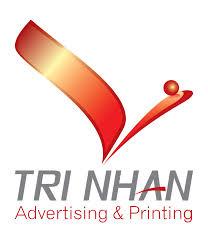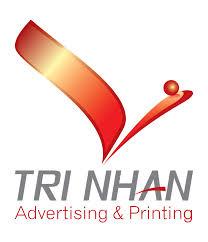Calorimetric gas analyzers are specialized tools used to measure the calorific value of gases accurately. These analyzers are essential for applications in energy production, environmental monitoring, and fuel quality assessment. The rising need for precise gas measurements is driving the demand for calorimetric gas analyzers. As industries increasingly prioritize efficiency and regulatory compliance, the market for these analyzers is expected to expand, offering enhanced solutions for gas measurement and analysis.
The Gas Calorimeter Market plays a pivotal role in measuring the calorific value of gases, a critical factor in energy production, industrial operations, and environmental monitoring. Gas calorimeters determine the amount of energy released during combustion, ensuring optimal efficiency in processes involving natural gas, biogas, and other gaseous fuels. As the global emphasis on energy efficiency and emission control intensifies, the adoption of gas calorimeters continues to rise across industries.
Market Overview
Gas calorimeters are essential tools for analyzing fuel quality and composition. They help industries such as petrochemicals, energy, and manufacturing optimize their fuel use and comply with emission standards. The increasing demand for clean and renewable energy sources has expanded the scope of calorimeter applications. Industries are now integrating advanced analyzers into smart monitoring systems to achieve precision and sustainability in operations.
Market Drivers and Growth Factors
Key drivers include the rapid industrialization, growing energy demand, and need for accurate calorific measurement in gas processing plants. Governments and environmental agencies worldwide are enforcing stricter emission norms, compelling companies to monitor their fuel quality more closely. Additionally, the expansion of natural gas distribution networks and the adoption of biogas as a renewable energy source further stimulate the market.
Technological Advancements and Innovations
Technological advancements have led to the development of highly accurate, real-time, and portable gas calorimeters. Integration with IoT and AI enables continuous monitoring and predictive analytics, helping industries make data-driven decisions. Non-contact optical sensors and micro-electromechanical systems (MEMS) are enhancing measurement precision and reducing maintenance needs. Compact and energy-efficient designs are also expanding adoption in remote or field-based operations.
Challenges in the Market
High costs of advanced calorimeters and calibration complexities can restrain market growth. Additionally, the need for regular maintenance and technical expertise poses challenges for smaller enterprises. Nevertheless, as technology becomes more affordable, these limitations are gradually diminishing.
Regional Insights
North America dominates the market owing to its extensive gas infrastructure and stringent quality standards. Europe follows with robust adoption in energy and industrial sectors, driven by environmental policies. The Asia-Pacific region is expected to witness substantial growth due to increased energy consumption in China, India, and Southeast Asia. The Middle East also presents opportunities as gas-rich nations invest in advanced energy measurement technologies.
Competitive Landscape
The market is characterized by innovation-driven competition. Major manufacturers are investing in R&D to produce more reliable and cost-effective devices. Collaborations between energy providers and technology firms are fostering the development of smart calorimeter solutions tailored for industrial automation.
Future Outlook
The gas calorimeter market is projected to grow steadily as industries move toward clean and efficient energy systems. Digitalization, miniaturization, and enhanced connectivity will define the next generation of calorimeters. The integration of sustainability principles in measurement devices will further align the industry with global environmental goals.
FAQs
1. What is a gas calorimeter used for?
It measures the energy content of gases to ensure efficient fuel usage and quality control.
2. Which industries benefit most from gas calorimeters?
Energy production, petrochemical, manufacturing, and environmental monitoring sectors are primary users.
3. What trends will shape the future of this market?
Smart, portable, and AI-integrated calorimeters will dominate future developments.
More Related Reports:
Metal Embossing Machine Market Trends


